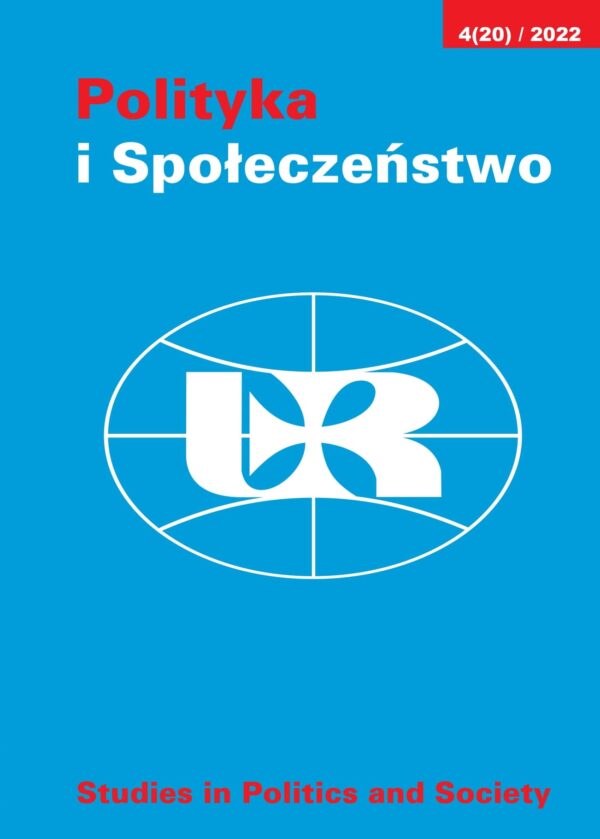Instytucja Pełnomocnego Rzecznika ds. Praw Człowieka w Tadżykistanie w wymiarze normatywnym i praktyce
DOI:
https://doi.org/10.15584/polispol.2022.4.22Keywords:
Tajikistan, Plenipotentiary Ombudsman for Human Rights, president, constitution, act, Tadżykistan, Pełnomocny Rzecznik ds. Praw Człowieka, prezydent, konstytucja, ustawaAbstract
Instytucję Pełnomocnego Rzecznika do Spraw Praw Człowieka ustanowiono w Tadżykistanie na podstawie stosownej ustawy, przyjętej 20 marca 2008 r. Regulacje ustawowe normują wszystkie istotne kwestie dotyczące organizacji i trybu funkcjonowania Rzecznika. Zasadniczo spełniają one na ogół standardy analogicznych aktów obowiązujących w państwach demokratycznych. W wymiarze normatywnym można mieć jedynie zastrzeżenia do sposobu wyboru Rzecznika, zależnego od Prezydenta Tadżykistanu, co z kolei podaje w wątpliwość jego niezależność od ośrodka prezydenckiego. Natomiast w wymiarze praktycznym, w realiach funkcjonującego w Tadżykistanie systemu autorytarnego, ombudsman jest instytucją fasadową i nie jest w stanie spełniać funkcji, do jakich został powołany. Świadczą o tym raporty Rzecznika, w których wyraźnie brakuje spraw odnoszących się do praw człowieka pierwszej generacji.
Downloads
Published
How to Cite
Issue
Section
License
Copyright (c) 2023 Studies in Politics and Society

This work is licensed under a Creative Commons Attribution-ShareAlike 4.0 International License.


